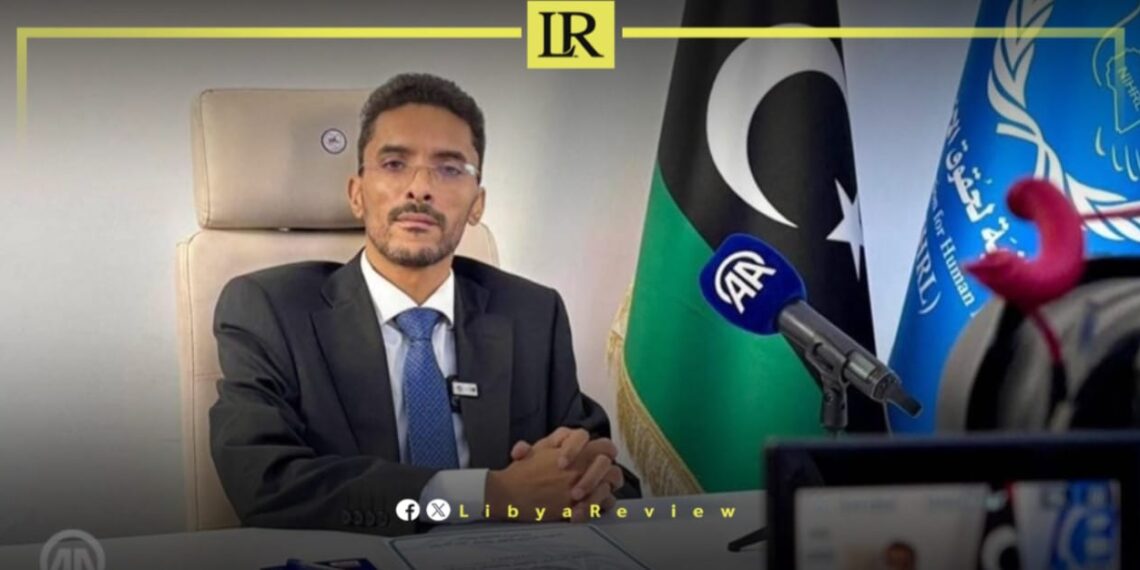Ahmed Hamza, Head of the National Institution for Human Rights in Libya (NIHRL), has voiced serious concerns over the nomination process for the Structured Dialogue launched by the United Nations Support Mission in Libya (UNSMIL).
Hamza accused the mission of failing to uphold transparency and fairness in its selection mechanisms.
In a post shared on his official Facebook page, Hamza questioned the legitimacy of the process, writing: “How are nominations being made amid a complete absence of transparency and integrity from the United Nations Support Mission in Libya?”
He added that the UN Mission must clarify its selection criteria, explain which entities are authorised to nominate participants, and outline the standards used to approve candidates for the dialogue.
UNSMIL announced earlier on Friday that it had begun soliciting membership nominations for the Structured Dialogue, one of three main components of the UN-facilitated political roadmap presented to the UN Security Council in August by Special Representative Hanna Tetteh.
According to UNSMIL, the roadmap consists of three key phases: the development of a technically sound and politically feasible electoral framework, the unification of institutions under a single government, and the initiation of the Structured Dialogue to address core political and social challenges.
The Structured Dialogue aims to propose policy recommendations that foster a stable environment for elections, strengthen governance, and promote national reconciliation. It is not a decision-making body but serves as a platform to enable broader participation from across Libyan society in shaping the country’s future.
UNSMIL stated that around 120 Libyans will be invited to join the dialogue, including representatives from municipalities, political parties, universities, and national institutions. The mission pledged that 35% of participants will be women and that online surveys and digital platforms will allow for wider public engagement, particularly among youth.
Despite these assurances, Hamza’s criticism highlights growing domestic discontent with the UN’s handling of Libya’s political roadmap, with several national figures accusing the mission of overstepping its mandate and bypassing state institutions.


